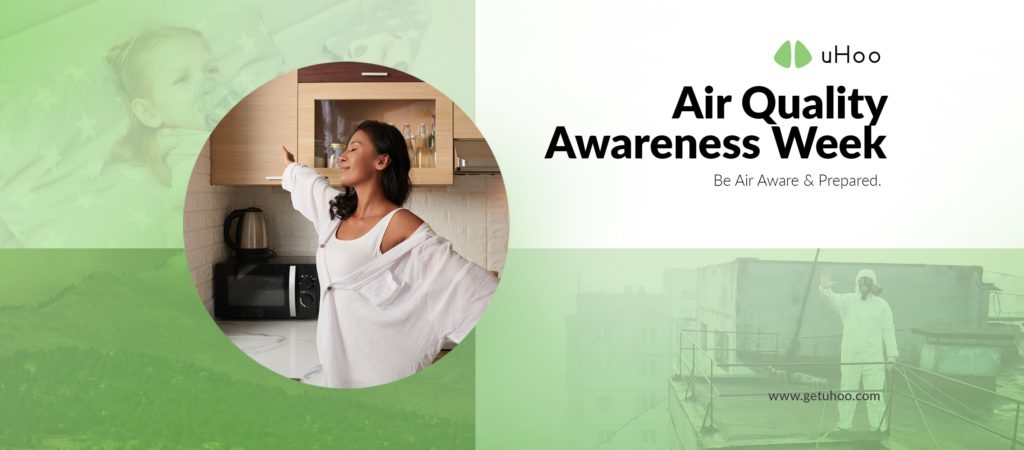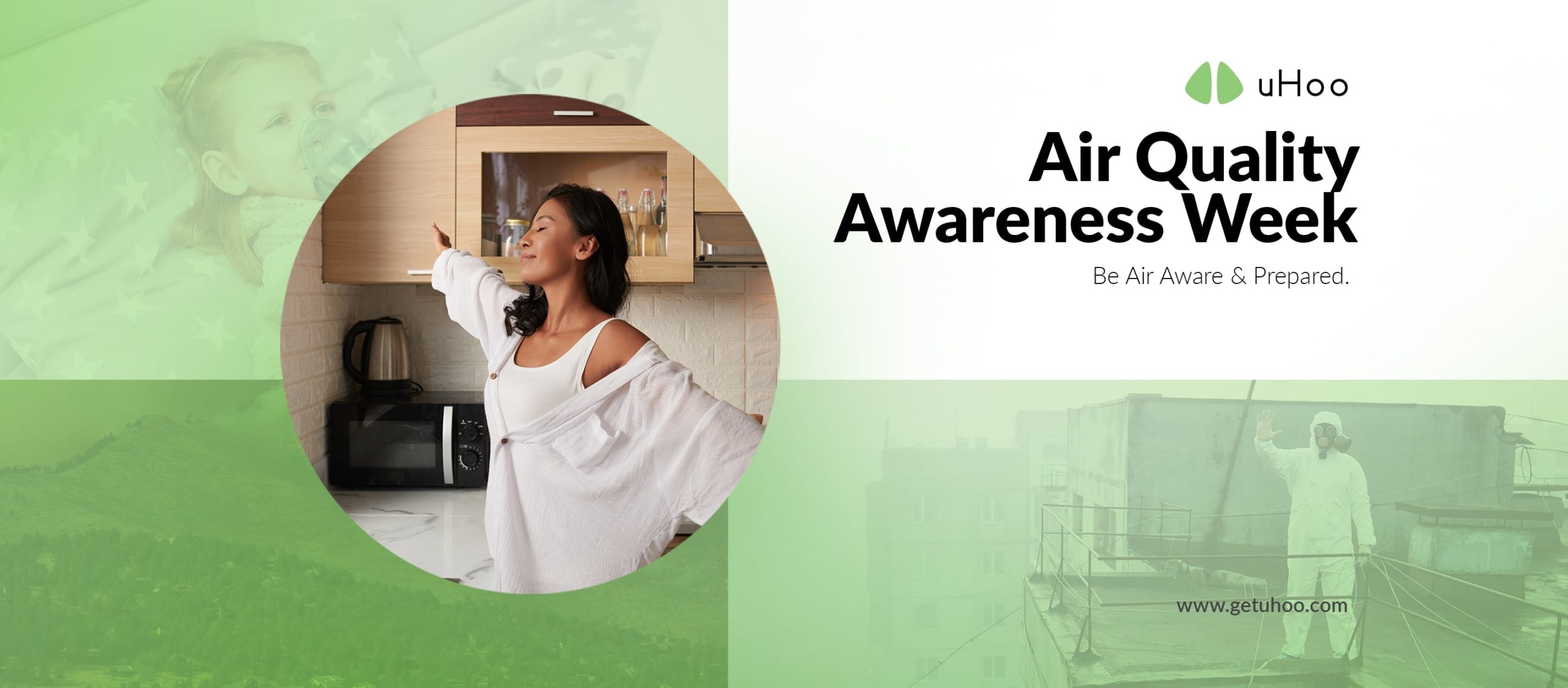
This year’s theme for Air Quality Awareness Week is “Be Air Aware and Prepared”. The threat of air pollution to human health can’t be dismissed. Poor air quality is associated with many serious public health concerns, such as asthma, lung cancer, chronic obstructive pulmonary disease (COPD), chronic cardiovascular disease and more.
One of the goals of Air Quality Awareness Week 2022 is to teach people how to keep their health and safety in check by monitoring their air quality every day. Your air quality affects your overall health and even determines how long you live.
Why should We be “Air Aware and Prepared”?
Being aware about the air we breathe and prepared for any issues that may impact our health and wellbeing is crucial for a variety of reasons. Global climate change, the COVID19 pandemic and other environmental and public health concerns emphasize the need to make the air we breathe cleaner. The world’s health is at stake because of polluted air. The threat is universal – from unborn babies to elderly people in nursing homes – and everywhere, whether you’re inside or outside. The health impact and economic burden of air pollution are staggering. As the WHO report highlights, air pollution contributes to over 7 million deaths a year, along with the worsening of asthma, cancer, heart disease, and other conditions. In their report on the economic impact of air pollution, Greenpeace and Centre for Research on Energy and Clean Air estimated that this pollution costs the world about $8 billion a day or $9,260 a second.
Clean air is a basic human right – but it is up to us to protect and uphold that right. OECD research from 2016 predicted that, if the situation does not change, premature deaths caused by outdoor air pollution will cost the global welfare system US$18-25 trillion by 2060, along with US$2.2 trillion in pain and suffering caused by illnesses. We can literally save lives by taking action now.
How can we be “Air Aware and Prepared”?
There are various ways that we can contribute to reducing air pollution. Let’s look at some of the ways we can make the air we breathe a little cleaner in honor of Air Quality Awareness Week.
- Monitor air quality information regularly.
With technological improvements today, you can get reliable information about outdoor and indoor air quality by using smart air monitors. Devices like uHoo provide real-time measurement of air quality factors that can impact your health and alerts you when there are issues that need to be addressed. Monitoring continuous air quality allows you to be aware of changes in the air quality and prepared by preventing any adverse health effects as they occur.
- Make your home a “Clean-Air” environment
Reducing the amount of harmful pollutants in your indoor air can be achieved by eliminating sources such as mold, pests, animal dander, unvented gas stoves and heaters, and more. Maintain a regular cleaning schedule and use filters and air purifiers. A proper ventilation system is essential, especially in rooms that are frequently occupied such as the living room.
- Conserve Energy, Use Sustainable Products, and Reduce Your Emissions
Fossil fuel burning in power plants is a major source of air pollution. You can decrease the energy you consume in your home, reducing the amount of materials being burned by power plants. You can also consider using solar energy. By using energy-efficient appliances and light bulbs, you can reduce energy consumption and minimize your impact on your lifestyle. You can also cut your energy consumption and your emissions by purchasing sustainable products. This also helps minimize the buildup of pollutants in your home.
- Get involved in improving the air quality in your community
While you may be doing your best to ensure your home has clean and safe air for your family, keep in mind that outdoor pollution also affects your indoor air quality. If you think there is a problem with air quality in your neighborhood, talk to your neighbors about how you can resolve it. Establish forums where people can share their concerns and suggestions and agree on a plan of action. Speak with your local officials or contact non-governmental organizations who can help you get support for your efforts. You can make a difference by educating people about the benefits of improved air quality and what each one can do to achieve it.
Changing the air we breathe does not happen overnight, but we can collectively take steps to improve it. We can help ensure a cleaner environment for future generations by adopting good actions into our daily routines and keeping people around us aware of the importance of air quality. Remember to be #airawareandprepared!

